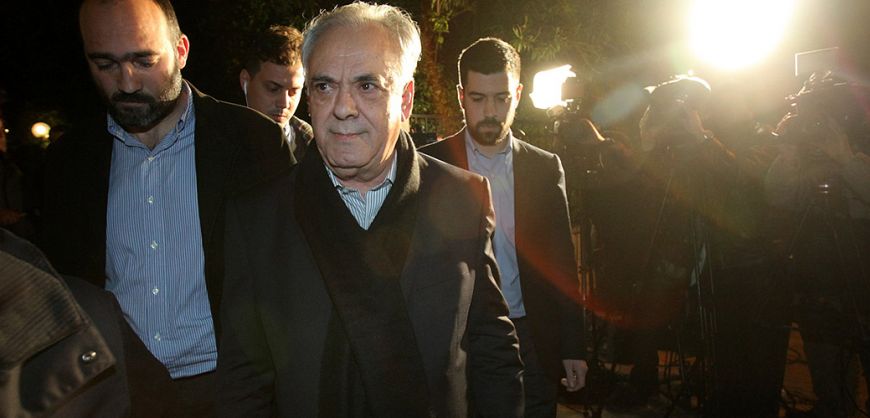Greece’s new government’s backtracking caused nervousness on the markets, especially following pledges that privatizations would be halted. New Deputy Prime Minister Yiannis Dragasakis on Wednesday attempted to extinguish a firestorm of negative market reactions following his meeting with Prime Minister Alexis Tsipras. He said that Greece needs to:
* convince European partners that the program that they had agreed upon four years ago was “doomed” from the outset.
* present a “correct” program for the future that has yet to be revealed.
Dragasakis said Greece is a country with its own proposals and that he understands other countries have their own suggestions. “We talk about mutual dialogue, not blackmailing,” he said, adding that his government is open to ideas and proposals from private shareholders to strengthen banks and improve their (dismal) position. “The government wants the smooth operation of the banks and a rise in their share price,” he said.
To calm investors he said:
* every political change brings about a climate of turbulence on the market.
* there are ministers in the new government that have taken on their responsibility of public office for the first time and this should be viewed in a positive light.
* in banks, the state will exercise its rights without encroaching on the interests of private shareholders, from whom it is awaiting feedback.
* any change in bank’s managements will occur through “public consultation” and with respect to private shareholders.
* the government will meet with shareholders from Eurobank, one of four “systemic” banks in the country, on Friday, to discuss the bank’s future.
* it is natural that investors counting on a privatization that has been scrapped will change their plans, but the government is planning a lengthy list of possible investment opportunities.
Asked about who would pay for the government’s spending spree for so-called vulnerable households to receive free power, Dragasakis said such a program “doesn’t mean that utilities offering these (free) services would be burdened” and added that a “special program” to fund this is being planned. No details were given, as yet, on who will pay for it.






































